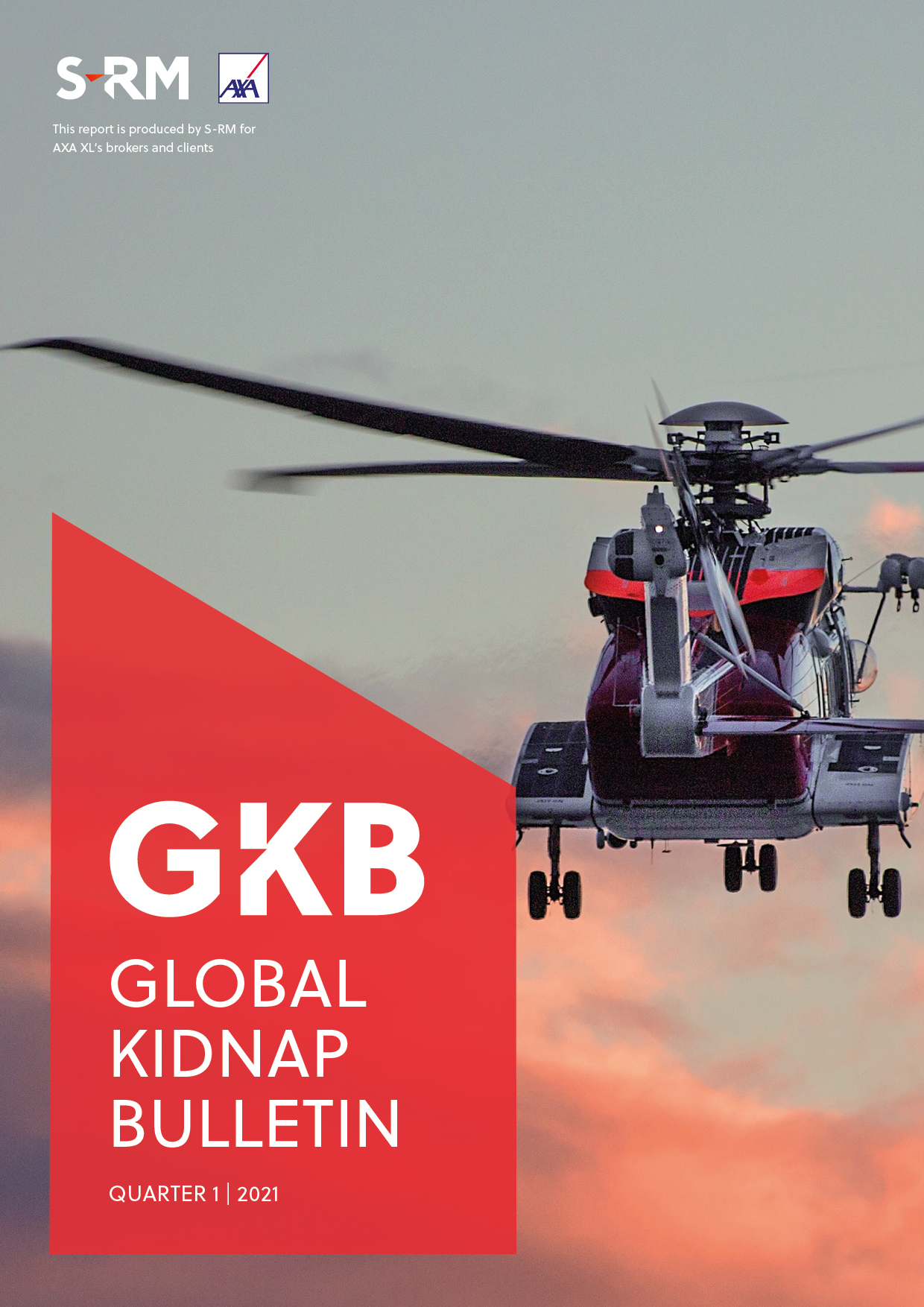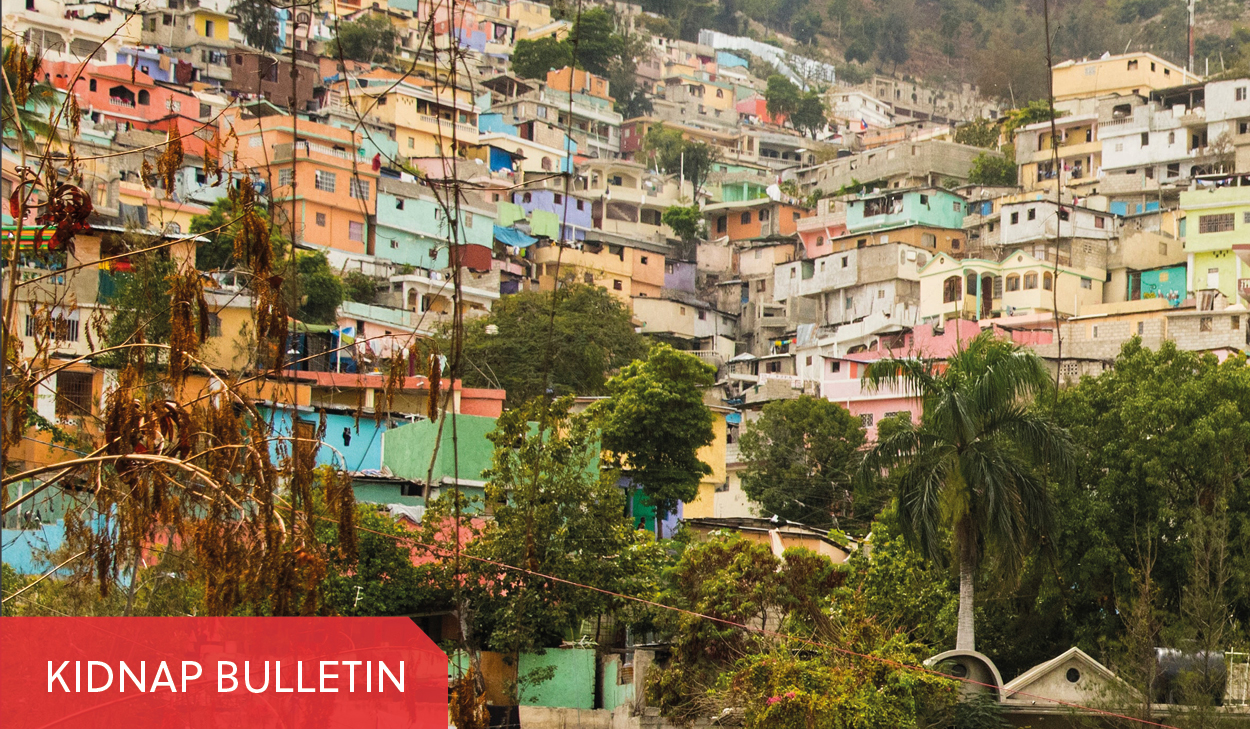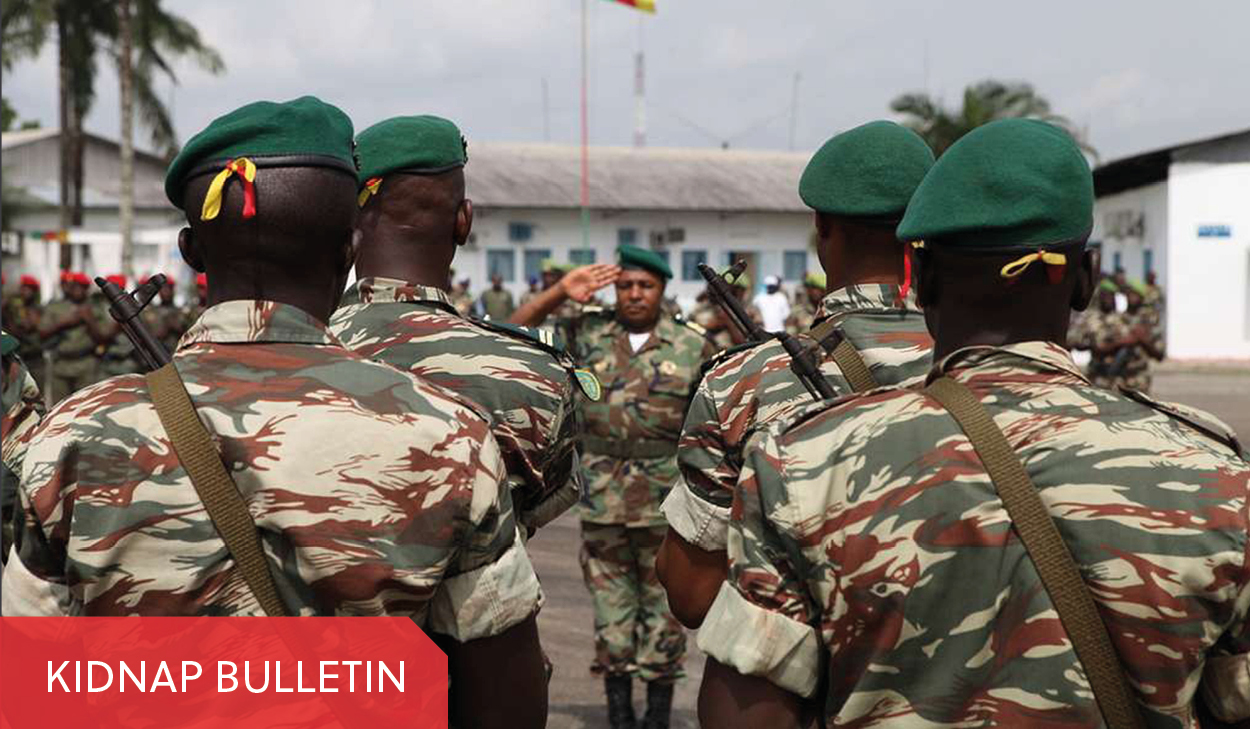As a crackdown on high-profile gang leaders in Venezuela continues, entrenched socio-economic problems and a long history of security policy failures show that tackling organised crime in the country is a Herculean task, writes Agnieszka Palutkiewicz.
The killing of gang leader Carlos Luis Revette, alias El Koki, on 8 February 2022, concluded a three-day operation by Venezuela’s criminal investigation unit after a six-month search. El Koki, one of Venezuela’s most notorious organised crime bosses, managed a gang of some 200 people and controlled a population of 700,000 in the east Caracas shantytown of Cota 905 – with the tacit approval of President Nicolás Maduro’s government. In July 2021, however, this area became a battleground between the police and El Koki’s gang, after the gang tried to invade another neighbourhood north of Cota 905. At least 26 people were killed in the violence, which also caused El Koki to flee.
Despite the government’s successful high-profile operation against El Koki, the former cartel leader’s power and influence prior to his death highlights the ongoing failure of Maduro’s liberal policies in addressing organised crime in Venezuela – an approach that has done little to curtail gang leaders’ expansionism.
UNDERSTANDING THE HYDRA
Venezuela is home to an estimated 40 - 50 megabandas, large hierarchical criminal groups, each comprising at least 50 members. As well as the megabandas, a number of smaller criminal groups also engage in drug trafficking, extortion, and kidnapping countrywide. Crucial to understanding the organised crime landscape in Venezuela is the country’s socio-economic situation; poverty, unemployment, and poor education enables gangs to easily incentivise and recruit youth who are dissatisfied with their living conditions and employment prospects.
"Despite the government’s successful high-profile operation against El Koki, the former cartel leader’s power and influence prior to his death highlights the ongoing failure of Maduro’s liberal policies in addressing organised crime in Venezuela"
Pervasive corruption among politicians and within law enforcement agencies, as well as the symbiotic relationship between high-level police authorities and gang members, exacerbate challenges in addressing organised crime. For example, colectivos (armed groups supporting President Maduro) operate with the approval of the government, granting them significant impunity for their often-violent activities.
In 2020, the Fuerzas de Acciones Especiales de la Policía Nacional Bolivariana (FAES), Venezuela’s special police force created in 2017, were linked to hundreds of extrajudicial deaths, and some officers were found to have a criminal past.
Most recently in January 2022, Richard López Vargas, Venezuela’s national anti-drug chief, announced operation Mano de Hierro (Iron Fist), targeting municipal and state officials, police, and prosecutors allegedly involved in extortion and drug trafficking. However, the operation has been criticised for failing to target prominent politicians with significant influence, and of simply serving as a way for Maduro to rehabilitate his image ahead of the 2024 presidential elections.
the ROOT OF THE PROBLEM
Maduro has celebrated the death of El Koki – and previously of Eduardo Delicias, another notorious megabandas leader killed in December 2021 – as major government victories. But such isolated successes are overshadowed by the sheer prevalence of organised crime and violence in the country. Even though Venezuela’s homicide rate decreased by six percent from 2020 to 2021 according to the non-governmental organisation, Observatorio Venezolano de Violencia, Venezuela continues to have one of the highest homicide rates (40.9 per 100,000 people) in Latin America, and a significant number of deaths are attributed to security forces, who kill an estimated 6 people per day.
Amid a culture of impunity, Maduro’s introduction of zonas de paz (‘peace zones’) in 2013 has further increased opportunities for organised criminal actors to expand their activities. In these zones, created in exchange for the promise that gangs operating in these areas will disarm, help maintain the peace, and cease any illegal activities, security forces can maintain no permanent presence and can only enter under certain conditions. But the lack of police intervention in these locations has allowed megabandas to grow their criminal governance, dominate local populations, recruit more members and reap larger profits from extortion and kidnappings.
A VICIOUS CYCLEThe death of El Koki suggests that the political will to address organised crime is often limited to high-profile cases that negatively impact Maduro’s reputation and authority. But, as with cutting a head off the mythological hydra, even such overtures may be in vain. El Koki’s removal is unlikely to significantly improve the criminal landscape, with new leaders in the form of El Koki’s deputies – known under the aliases of El Vampi and El Garbis – already emerging to take his place. The scourge of organised crime in Venezuela continues against the backdrop of successive governments’ failures to tackle embedded corruption and strengthen weak state institutions like the judiciary. Many citizens, particularly in gang-controlled areas, are reluctant to report crimes to the police for fear of gang retaliation. Even when they do, only a fraction of criminal complaints make it as far as the courtroom, and even fewer result in convictions. The penitentiary system has also been under partial control of the megabandas. Crucially, the poor socio-economic conditions that underpin the attractiveness of organised crime for unemployed, impoverished youth persist, and have only been aggravated by the adverse economic impact of the Covid-19 pandemic. These problems are so deeply embedded, and gangs are so powerful, that scaling back organised crime requires a Herculean effort that the current government is poorly-equipped to deal with. |



 Email Agnieszka
Email Agnieszka





 @SRMInform
@SRMInform
 S-RM
S-RM
 hello@s-rminform.com
hello@s-rminform.com

